What is Space Science and Its Importance
🌌 What is Space Science?
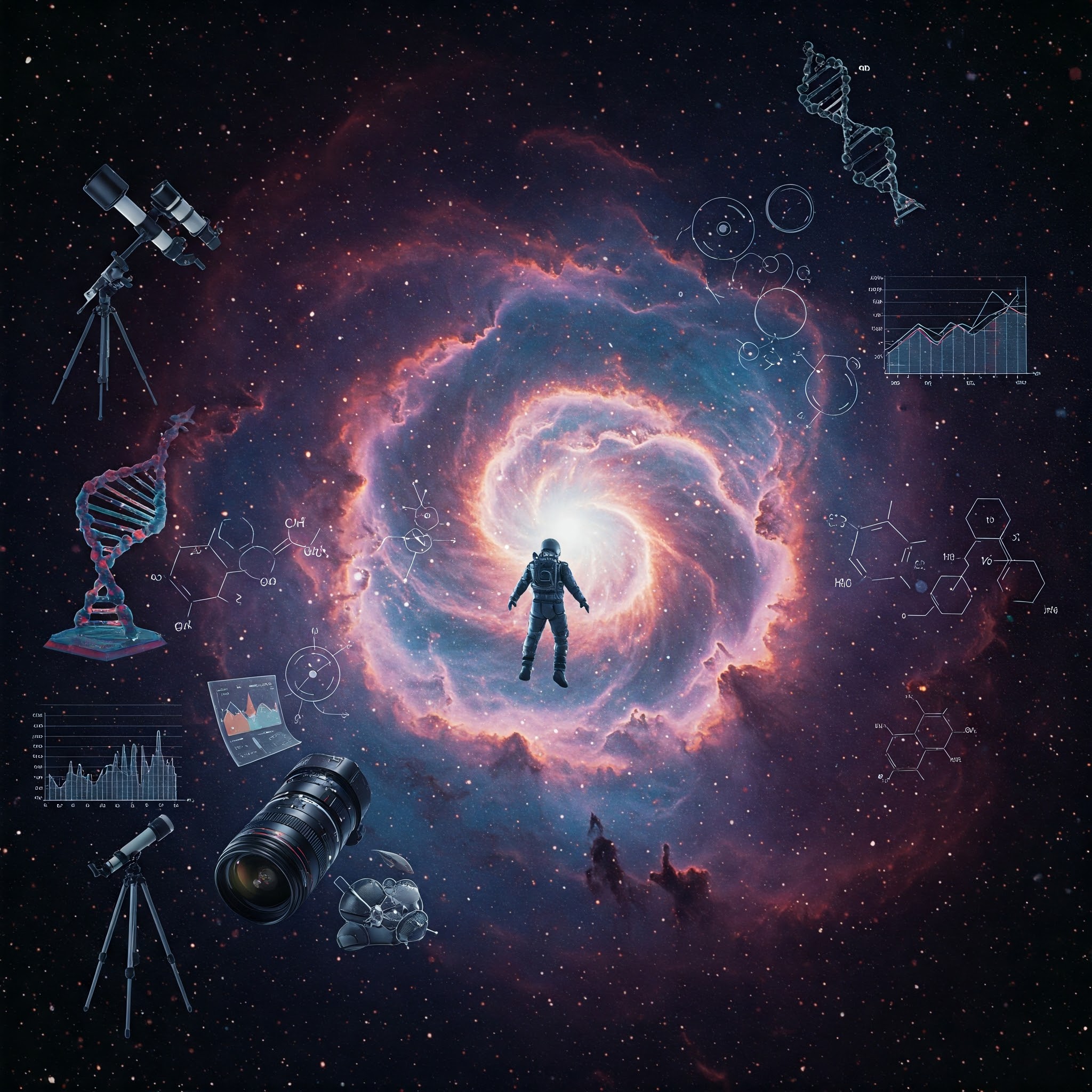
Space Science is the study of everything beyond Earth’s atmosphere. It includes a wide range of topics such as stars, planets, black holes, galaxies, comets, and cosmic phenomena. Space science also covers how space affects Earth, and how humans can explore, survive, and benefit from outer space.
It brings together different branches of science like astronomy, astrophysics, planetary science, and cosmology to help us understand the origin, evolution, and structure of the universe.
What is Space Science and Its Importance
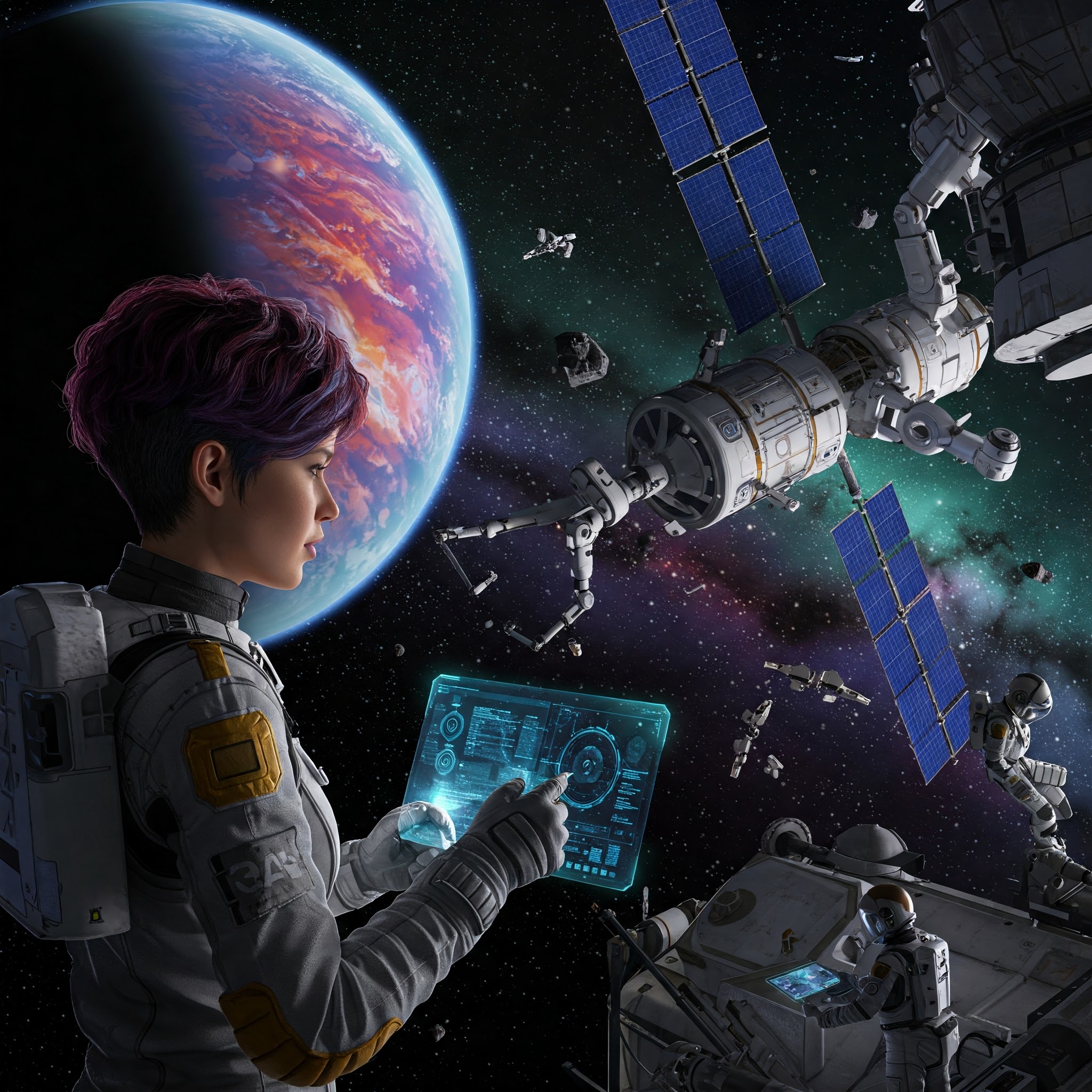
Space science isn’t just about studying the stars. It plays a critical role in modern life and the future of humanity. Here’s how:
🌍 1. Improves Life on Earth What is Space Science and Its Importance
Space science has helped create technologies we use every day—like GPS, weather forecasting, satellite TV, and internet.
🔬 2. Drives Scientific Discovery What is Space Science and Its Importance
Space science helps us answer big questions:
- How did the universe begin?
- Are we alone in the universe?
- What’s the future of our solar system?
It pushes the boundaries of knowledge and leads to new discoveries that benefit science, medicine, and technology.
👩🚀 3. Promotes Innovation and Education What is Space Science and Its Importance
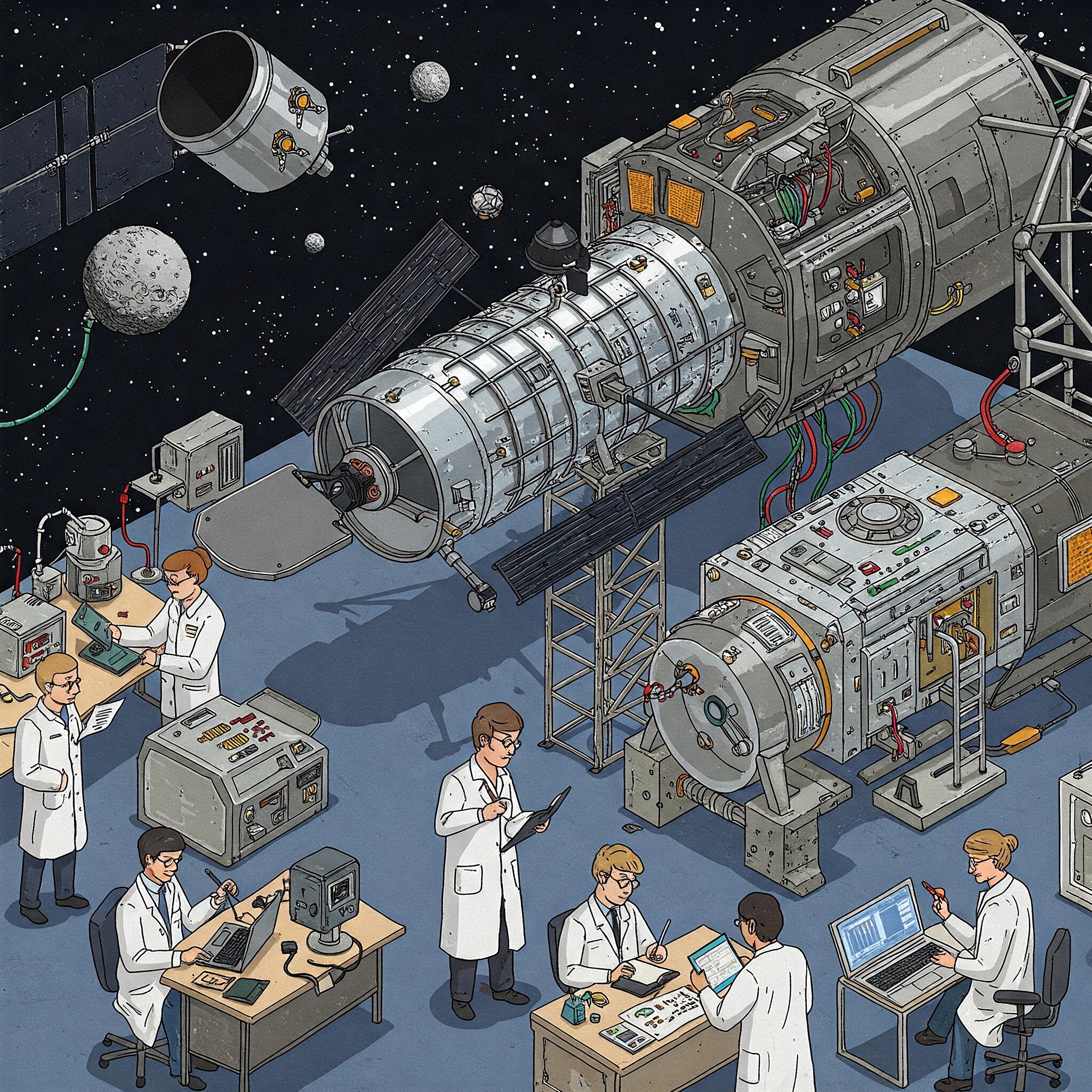
Space exploration leads to new inventions and inspires students and future scientists. It encourages innovation in engineering, robotics, AI, and space travel.
4. Global Collaboration What is Space Science and Its Importance 🌐
Space science connects countries. Space missions often involve teams from multiple nations working together.
🌠 5. Secures Humanity’s Future What is Space Science and Its Importance
Space science helps us find other planets, learn about asteroids, and prepare for future space habitats. If Earth becomes uninhabitable, space science may be the key to human survival.
🌌 Why is Space Studies Important to Humanity? What is Space Science and Its Importance
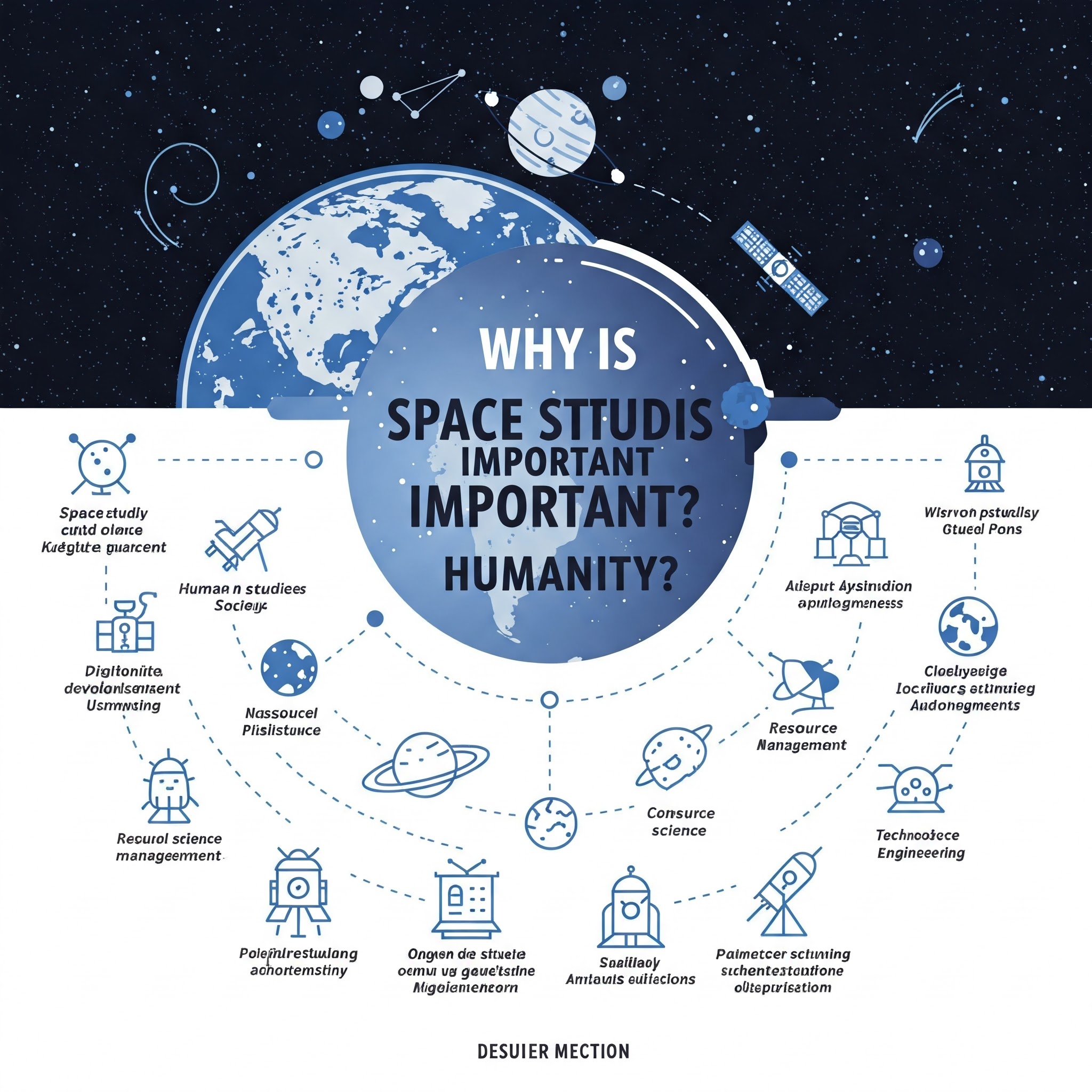
1. 🌍 Understanding Our Planet What is Space Science and Its Importance
Space studies help us observe Earth from above. Satellites track climate change, natural disasters, and deforestation, allowing us to protect the environment and respond to emergencies faster.
2. 🚀 Advancing Technology What is Space Science and Its Importance
Many everyday technologies—like GPS, weather forecasting, and satellite communication—exist because of space research. Innovation in space leads to better tech on Earth.
3. 👩🚀 Inspiring Innovation & Education What is Space Science and Its Importance
Space exploration fuels curiosity. It encourages STEM (Science, Tech, Engineering, Math) education, inspires young minds, and drives innovation in robotics, AI, and material science.
4. 🔭 Expanding Scientific Knowledge What is Space Science and Its Importance
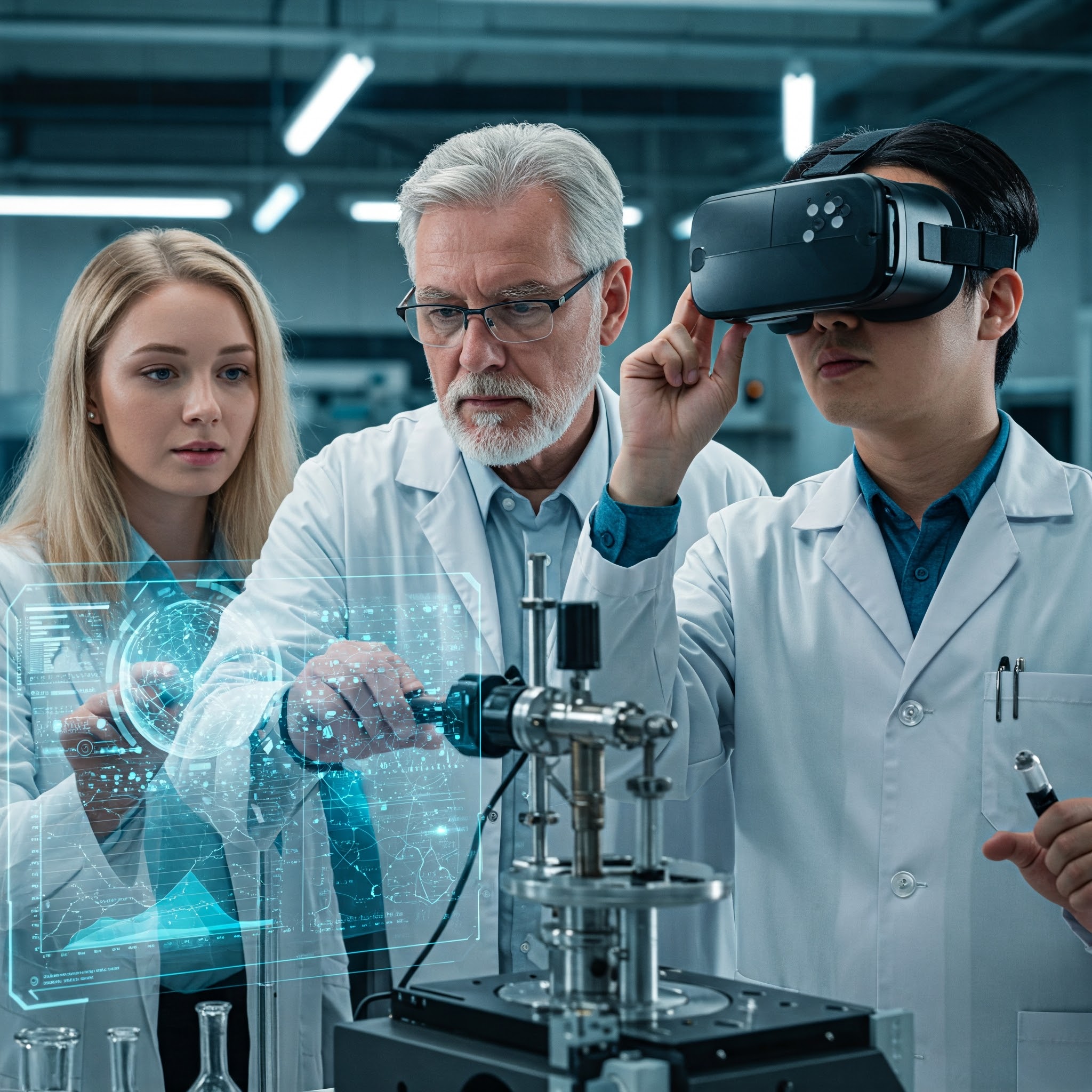
Through studying space, we answer big questions:
- Where did we come from?
- What is the fate of the universe?
- Are we alone?
Space studies deepen our understanding of physics, chemistry, and biology on a cosmic scale.
5. 🌐 Global Unity What is Space Science and Its Importance
Space programs often bring nations together. Projects like the International Space Station (ISS) show how collaboration in science can lead to peaceful global partnerships.
6. 🌠 Securing the Future of Humanity What is Space Science and Its Importance
Long-term survival may depend on space. Space studies help us explore other planets, detect asteroid threats, and even prepare for interplanetary colonization.
🌌 Why is Space Important to Humans?What is Space Science and Its Importance
Space is more than just a vast, mysterious expanse—it’s deeply connected to our daily lives, our future, and our understanding of existence. Here’s why space is important to humans:
1. 🌍 Protecting and Understanding Earth What is Space Science and Its Importance
By studying space, we gain a better view of our planet. Satellites help us monitor:
- Weather patterns
- Climate change
- Natural disasters
- Environmental damage
This knowledge allows us to make informed decisions and protect life on Earth.
2. 🚀 Driving Technological Advancements What is Space Science and Its Importance
Space missions have led to inventions that we use every day:
- GPS navigation
- Satellite television
- Weather apps
- Solar panels
- Advanced medical imaging
Exploring space pushes technology to new levels, which benefits life on Earth.
3. 🧠 Expanding Human Knowledge What is Space Science and Its Importance
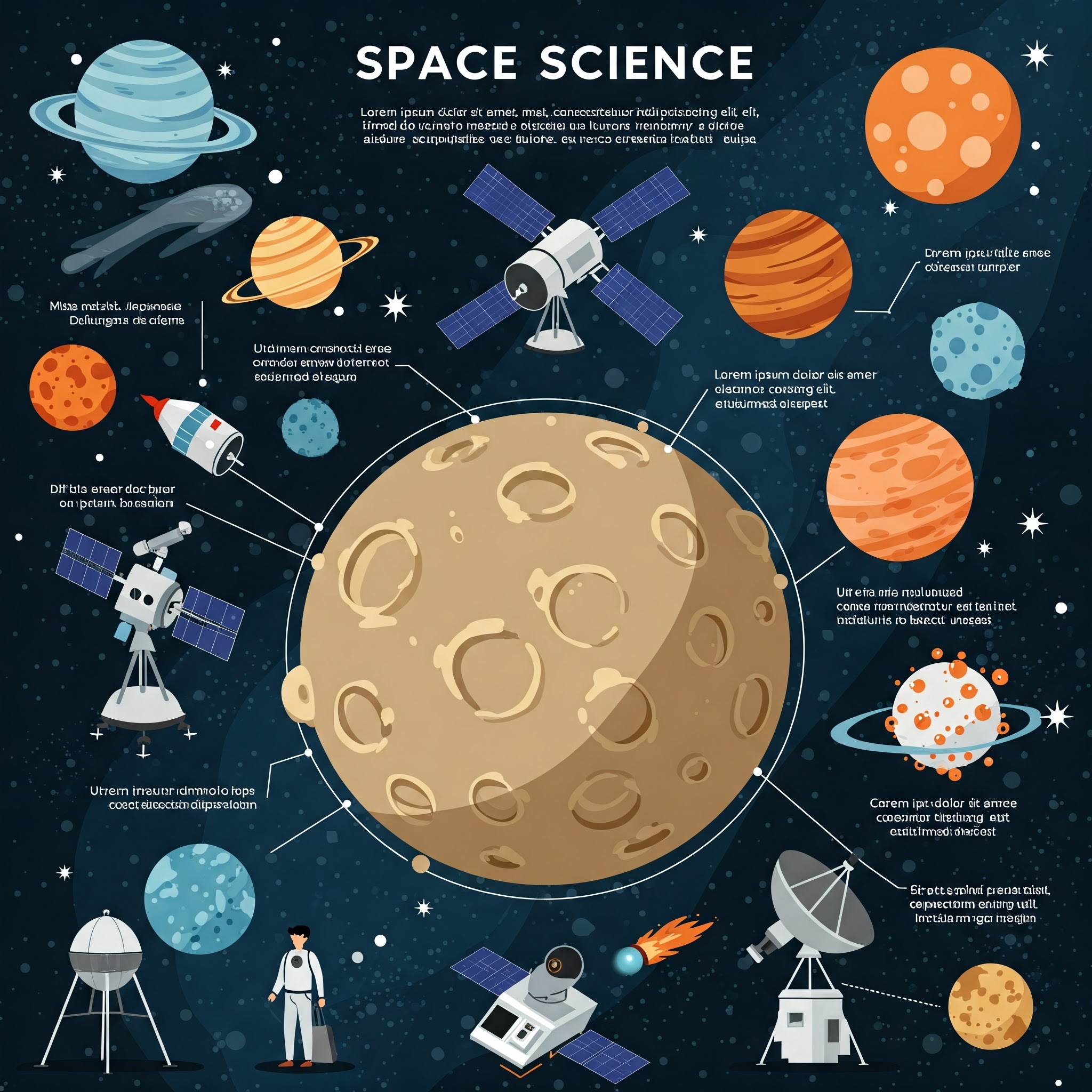
Space teaches us:
- How the universe began
- What stars and planets are made of
- If life exists beyond Earth
- The origins of time, matter, and energy
4. 🌐 Encouraging Global Cooperation What is Space Science and Its Importance
Space exploration often brings nations together. Joint missions (like the International Space Station) show how collaboration can lead to peaceful, meaningful progress.
5. 🌠 Preparing for the Future What is Space Science and Its Importance
One day, we may need to live beyond Earth due to overpopulation, climate issues, or asteroid threats. Studying space helps us plan for:
Interplanetary travel
Colonization of other planets
Long-term survival of humanity
👩🚀 Who Was the First Woman in Space? What is Space Science and Its Importance

🚀 Key Facts:
- Name: Valentina Vladimirovna Tereshkova
- Country: Soviet Union (Russia)
- Mission: Vostok 6
- Date: June 16, 1963
- Time in Space: Almost 3 days (71 hours)
- Achievement: First and youngest woman to fly solo in space
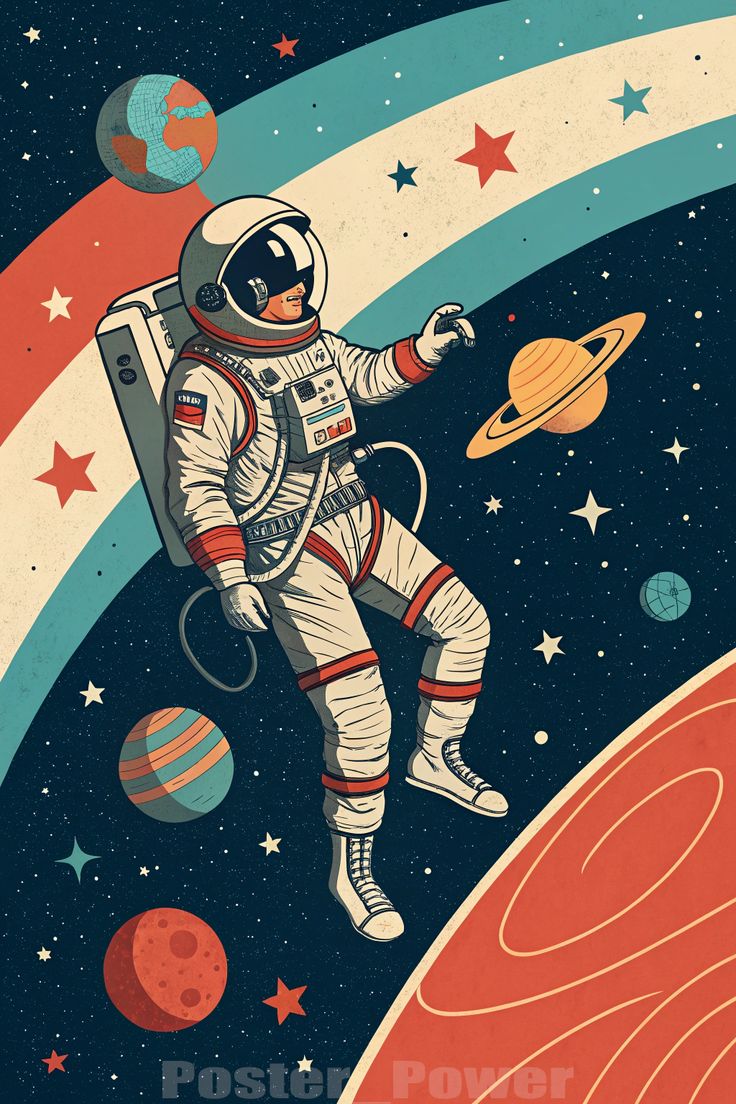
🌌 Why Is This Historic? What is Space Science and Its Importance
- Valentina’s mission made her a global icon and broke gender barriers in space exploration.
🏆 Legacy:
Even today, Valentina Tereshkova is celebrated as a pioneer and a role model for women in STEM and space science. Her mission paved the way for female astronauts worldwide.
Do you age slower in space? What is Space Science and Its Importance
🚀 Time Dilation in Space What is Space Science and Its Importance
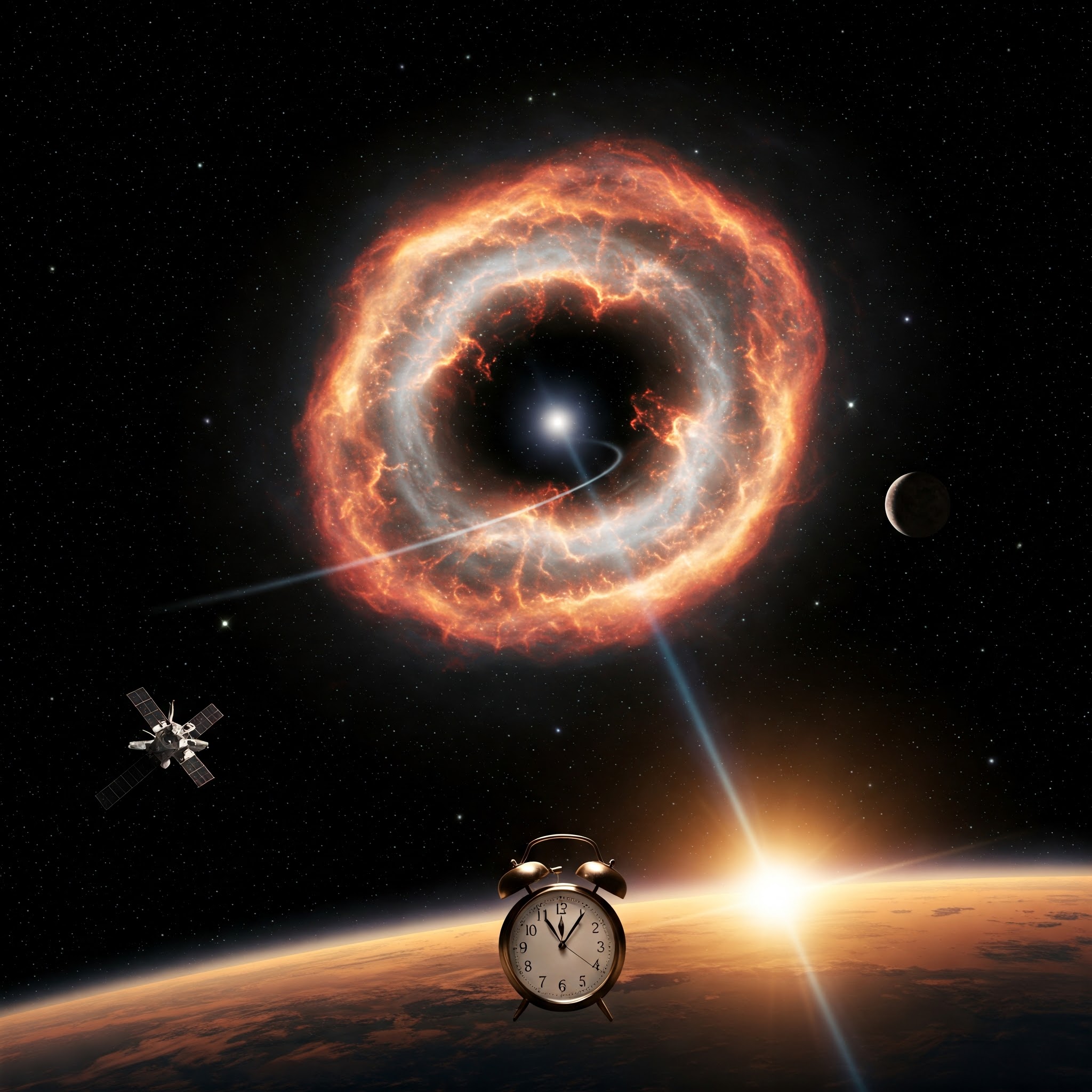
This effect becomes noticeable when traveling at speeds close to the speed of light, or in the case of astronauts in space, when orbiting the Earth at high velocities.
- In space, astronauts aboard spacecraft like the International Space Station (ISS) are moving at speeds of around 28,000 km/h (17,500 mph). This high velocity means time moves slightly slower for them compared to people on Earth.
- However, this effect is incredibly small. For example, astronauts who spend six months in space experience a time difference of just a few milliseconds compared to someone on Earth.
🧑🚀 How Does This Affect Astronauts? What is Space Science and Its Importance
- Slight Age Difference: In the grand scheme, astronauts may age a tiny bit slower than people on Earth. But the difference is so small it’s imperceptible—only measurable with high-precision atomic clocks.
- Practical Impact: In reality, astronauts don’t experience significant aging differences. The primary challenges they face in space are related to microgravity, radiation, and muscle atrophy, which have much greater impacts on health.

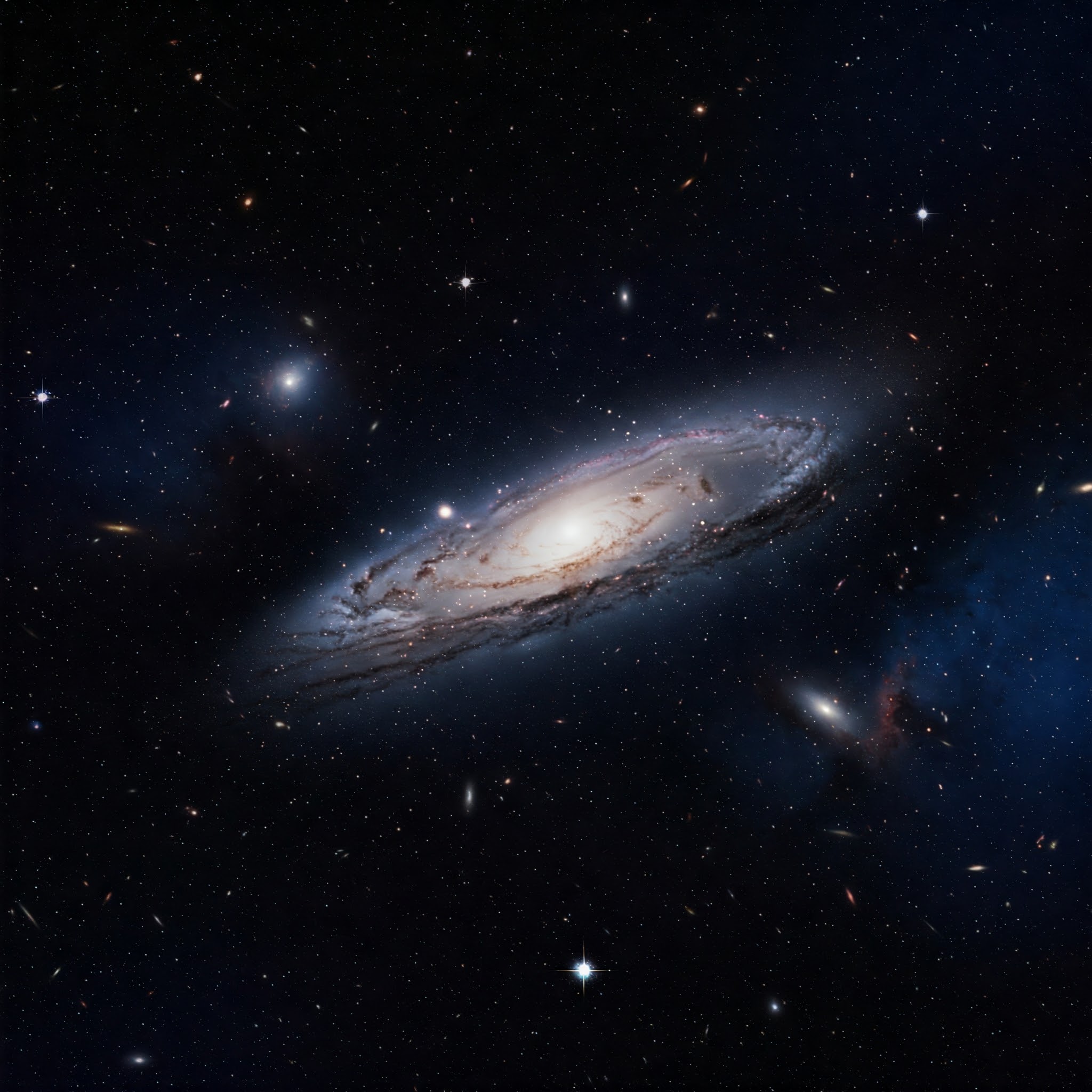
2 thoughts on “What is Space Science and Its Importance”
Pingback: #1.Struggles Unlocking Beginner's Guide to Astronomy Wonders
Pingback: #1.What is Space? Uncover the Mysteries & Overcome confusion